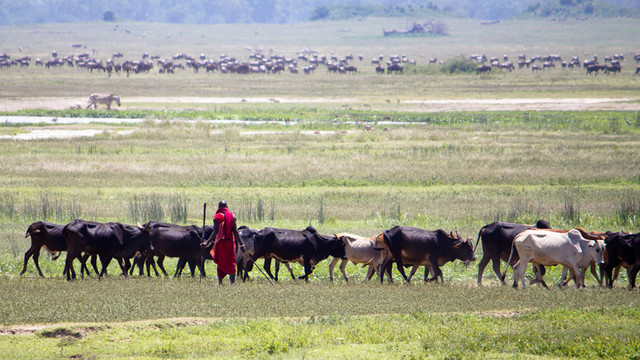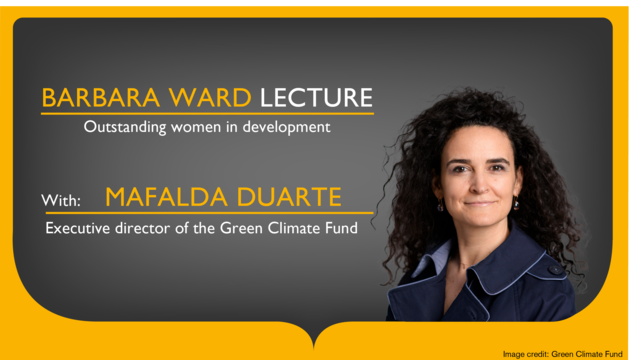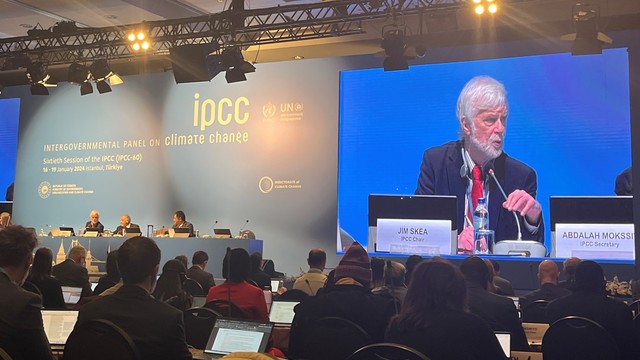World Bank must get behind climate finance mechanisms that see funds go directly to hardest hit countries
Ahead of next week’s spring meetings, Isatou F Camara calls on the World Bank to step up its critical role in supporting a climate-finance architecture that gets funding direct to local communities.
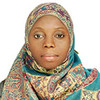
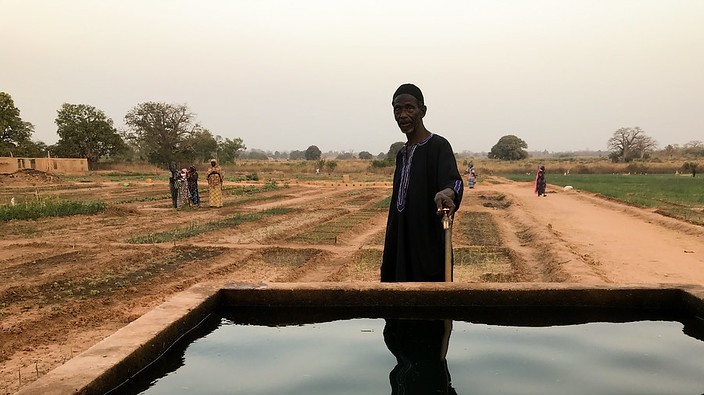
Climate change adaptation initiatives in Jappineh, The Gambia (Photo: UNEP, via Flickr, CC BY-NC 2.0)
Barring any last minute, unexpected developments, Ajay Banga will be confirmed as the new president of the World Bank following his nomination by US President Joe Biden. When it comes to grappling with climate change, the former chief executive of Mastercard is a definite improvement on the outgoing president David Malpass, who couldn’t bring himself to acknowledge that the burning of fossil fuels is heating the planet and having a catastrophic effect on countries like my own, The Gambia.
But not being a climate denier isn’t going to be enough from Mr Banga in his new role. The World Bank has a key role to play at what is a critical junction in the climate crisis.
The Gambia is incredibly vulnerable to a changing climate. Lying on the edge of West Africa, the country is long and narrow, surrounded on three sides by Senegal. It hugs the banks of the River Gambie as it flows west to the Atlantic Ocean. Growing up in the small town of Bundung, which is prone to flooding, I have seen the effects of climate change up close. Houses here are vulnerable to storms gusting inland from the ocean.
As the impacts become stronger, and the recovery time between disasters grows shorter, taking action on climate change becomes ever more urgent. And yet, in my professional life as a delegate to the UN-run climate negotiations, I see a complete lack of urgency in international discussions of the issue.
Major step-up in climate finance needed
There is so much the World Bank could do to help. The impacts of climate change are being felt most by those least able to cope, even though their carbon emissions are negligible and they have done the least to cause the increase in global temperatures. Poverty reduction and action on climate change go hand in hand.
If we want to create low-carbon communities that are resilient to climate change, the least developed countries, who negotiate as a bloc in the UN climate change talks, need a significant increase in funding. And this finance needs to get to local communities who know exactly what they need to cope with a changing climate but lack the resources to make it happen.
Grants not loans
This funding needs to be in the form of grants, not loans, as the majority is currently provided. In 2001, The Gambia had to take a loan from a multilateral development bank to pay for measures to stop coastal erosion that threatened the entire low-lying capital city, Banjul. We are still paying off that debt now, over 20 years later.
After the economic shock of the COVID-19 pandemic followed by global food and energy price hikes, sovereign debt among lower-income countries has spiralled. Total debt among developing countries is already at a 50-year high and the majority of countries in the Least Developed Countries Group are in debt distress. We cannot borrow our way out of this crisis.
Meanwhile, much of the burden of recovery from disasters is being put on individuals. The Gambia experienced its worst storm in 2021, which was followed by its worst flooding in nearly 50 years, in 2022. Eleven people were killed and thousands of houses were either completely destroyed or were so damaged they were uninhabitable, including my parents’ property. We, like thousands of other families, had to pay for repairs.
In a country where most people can’t afford or don’t have access to insurance, these kinds of costs are now too often absorbed as individual burdens. The Gambia is far from unique among the least developed countries. A recent survey carried out in Bangladesh found households were spending up to 30% of their income on protecting themselves from the impacts of climate change.
Clear call: 70% of finance direct to communities
The least developed countries are very clear in our asks – we want 70% of the finance being provided to us by 2030 to go directly to local communities. We need the World Bank to become a willing and enthusiastic partner in this endeavour.
Reform of the global financial architecture, including the World Bank, is strongly on the agenda, with calls coming from across vulnerable countries. Barbados’ Prime Minister, Mia Mottley, and her Bridgetown Agenda lays out a set of radical ideas to reform the World Bank’s mission and model.
I would urge Ajay Banga to embrace this opportunity and help us make the World Bank work for those of us on the frontlines of climate change.
